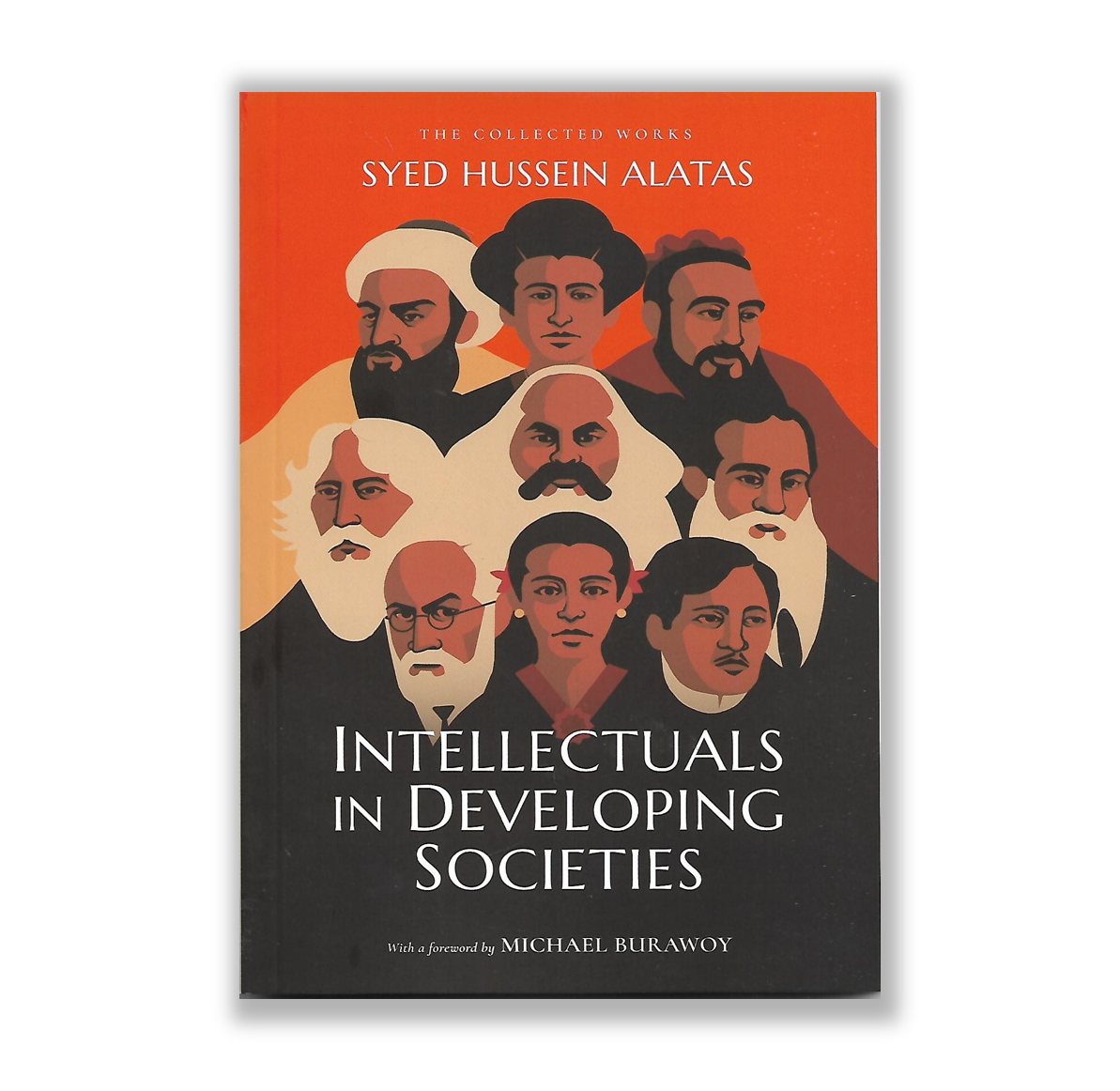
Book review by Anang Tawiah: Intellectuals in Developing Societies (1977) by Syed Hussein Alatas.
Here’s a refined, plagiarism-free, three-part review of Intellectuals in Developing Societies (1977) by Syed Hussein Alatas.
Highlights:
| Overview, strengths & limitations, legacy | |
| Chapter-by-chapter breakdown with highlights | |
| Four SEO-oriented article outlines with keywords and structure |
Here’s a refined, plagiarism-free, three-part review of Intellectuals in Developing Societies (1977) by Syed Hussein Alatas.
Part 1 – Three-Part Book Review
1. Overview & Significance
First published in 1977, Intellectuals in Developing Societies emerges from Alatas’s reflection after his withdrawal from active politics in Malaysia. In it, he critiques the absence of a cohesive intellectual class in developing nations, highlighting how “fools” often occupy societal leadership. Drawing from his own political and senatorial experiences, Alatas emphasizes that developing societies need autonomous, critical thinkers capable of addressing national crises and shaping public opinion. (Taylor & Francis, Ilham Books)
2. Strengths & Limitations
Strengths:
-
Offers a candid, empathetic account rooted in Alatas’s political experience, bridging theory and practice.(Ilham Books)
-
Covers multiple dimensions—from definitions of intellectuals to the historical emergence of backward elites and their implications for modernization.
Limitations:
-
Compact (approx. 148 pages), which may limit deep historical or empirical substantiation.
-
Some chapters may be conceptually dense, presenting challenges for readers unfamiliar with postcolonial sociology.
3. Legacy & Contribution
The book remains a seminal guide for understanding the role—and absence—of intellectuals in postcolonial contexts. Alatas’s concept of the “fools” as ruling elites and his call for critical intellectual engagement have had lasting influence on discussions around academic autonomy, development, and sociopolitical leadership in the Global South.(Ilham Books, Kawah Buku)
Part 2 – Chapter-by-Chapter Breakdown
Here’s a brief exploration of each chapter, drawing directly from the contents:
-
The Malaysian Background: A Personal Account
-
Alatas shares his firsthand political experience, laying the groundwork for why societies without intellectual leadership flounder.(Taylor & Francis)
-
-
Intellectuals and Their Function
-
Defines intellectuals as those who critically understand their society's problems and guide discourse and solutions.
-
-
Bebalisme
-
Likely critiques mindless conformity to unhelpful intellectual trends or jargon, especially propagated by elites.
-
-
The Fools in Developing Societies
-
Alatas uses “fools” to describe elites lacking critical reflection or social justice commitment.
-
-
The Intellectuals and Developing Societies
-
Explores the interplay between intellectuals and societal development, emphasizing intellectual responsibility.
-
-
The Necessity for Intellectuals
-
Argues that intellectual engagement is vital for progress and resisting intellectual imperialism.
-
-
The Emergence of the Intellectuals
-
Likely traces how intellectuals arise in society—from colonial influence to local engagement.
-
-
Backwardness and the Intellectuals: The Russian Phenomenon and the Developing Societies
-
Compares intellectual roles and modernization in Russia versus developing countries.
-
-
The Backward Elites and Modernisation
-
Discusses how elites impede or shape modernization based on embedded interests.
-
-
Science and the Backward Elites
-
Examines the complex relationship between scientific progress and resistant elite groups.
-
Backward Elites and the Problem of Causation
-
Analyzes root causes behind elite backwardness and how it stifles societal evolution.
Part 3 – SEO-Optimized Article Bundle
Here’s a set of structured article ideas, optimized for search reach:
| Title | Keywords | Outline |
|---|---|---|
| 1. Why Alatas Believed Developing Societies Need Intellectuals | Intellectuals in Developing Societies review, Alatas intellectuals developing world | - Book overview and background- Key arguments and implications- Relevance today |
| 2. The Fools vs Intellectuals: Understanding Elite Dynamics | fools developing societies concept, backward elites Alatas | - Definition of "fools"- Role of elites in development- Pathways to intellectual justice |
| 3. From Political Experience to Theory: Alatas’s Journey | literary autonomy, intellectual imperialism Alatas | - Link between Alatas’s politics and ideas- Influence on postcolonial thought- Legacy in critical sociology |
| 4. Teaching Alatas: Lesson Plan for Emerging Sociologists | teach Alatas, postcolonial sociology curriculum | - Modules based on chapters- Discussion questions (e.g., "What stops intellectual communities from forming?")- Suggested resources |
SEO Best Practices:
-
Use keyword-rich headings (H1, H2 hierarchies).
-
Example meta description: “Discover Syed Hussein Alatas’s argument on why intellectuals are vital for developing societies and how elite failure shapes postcolonial futures.”
-
Interlink the articles to increase topical synergy.
-
Suggested visuals: cover image, Alatas’s photos, charts on intellectual roles; alt-text example: “Cover of Intellectuals in Developing Societies by Syed Hussein Alatas.”
Summary Table
| Component | Description |
|---|---|
| Part 1 | Overview, strengths & limitations, legacy |
| Part 2 | Chapter-by-chapter breakdown with highlights |
| Part 3 | Four SEO-oriented article outlines with keywords and structure |

